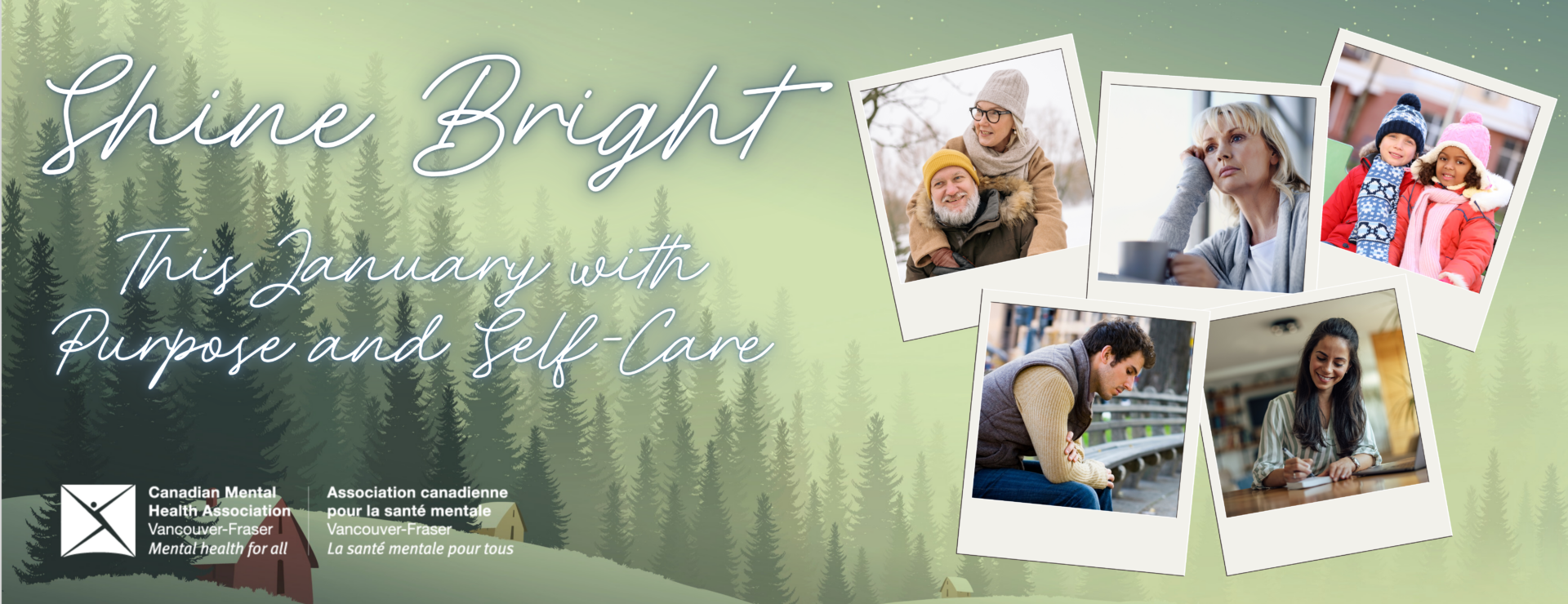Menu
Close

Every Vancouverite deserves to Shine Bright!
Feeling the Post-Holiday Slump? Let’s Make 2025 the Year of YOU!
As the holiday glitter fades, it’s natural to feel a little drained. January can bring leftover to-do lists, exhaustion, and a longing for something fresh. Instead of letting the post-holiday slump pull you under, use this time as a springboard for a fresh start! Take a moment to breathe, reflect on how far you’ve come, and look forward to everything 2025 has to offer.
This year, make your mental health a priority. Learning to be there for yourself, recognizing your worth, and practicing self-love are essential steps toward personal growth. Self-care isn’t just a luxury—it’s a necessity for your well-being.
Simple Self-Care Tips for a Fresh Start
Here are some more simple tips to refresh your mind and body this January:
- Go for walks during daylight hours to boost your mood.
- Declutter your space to create a calming environment.
- Stay hydrated and nourish your body with healthy meals that support mental clarity.
- Start journaling to reflect on your thoughts and track your mental wellness journey.
- Practice mindfulness or meditation to reduce stress and stay grounded.
- Invest in a sunlight lamp to combat the winter blues.
From programs like BounceBack®—a valuable tool for managing stress, anxiety, and low mood—to our Chinese Mental Health Promotion Program, CMHA Vancouver-Fraser is here to support you at every stage of your mental health journey. With your help, we can make 2025 the year to Shine Bright—for you, for your community, and for every Vancouverite.
Your support ensures that every Vancouverite has access to essential mental health resources and programs. By standing with us, you’re not only investing in your own well-being but also empowering thousands of individuals throughout the region to thrive.
Let’s continue building a future where mental health is prioritized, where support is always available, and where we can all shine our brightest.

If you or someone you know is experiencing mental health challenges or would like more information about our programs and services, please connect with your local CMHA branch below to find out how we can help you.

